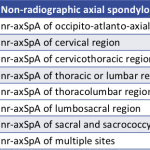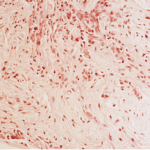New research on complement activation in anti-neutrophil cytoplasmic antibody (ANCA) associated vasculitis underscores its important role in the pathogenesis of this disease, an autoimmune condition defined by inflammation of small- and medium-caliber blood vessels.1 ANCA testing is commonly performed to help diagnose granulomatosis with polyangiitis and microscopic polyangiitis, both of which are forms of ANCA-associated…









